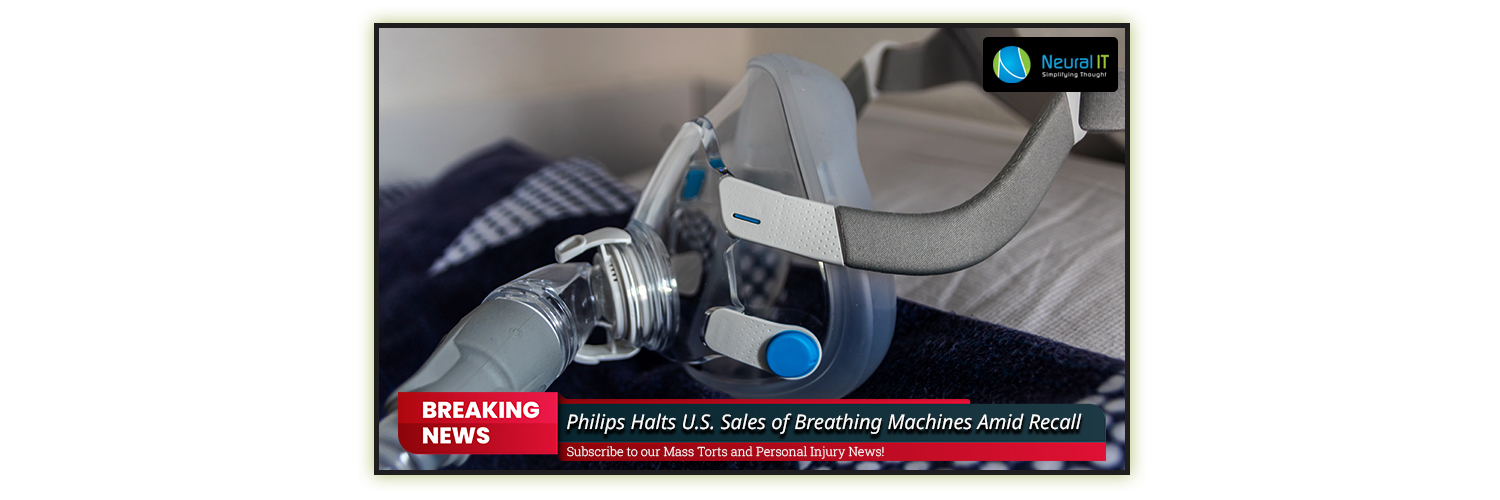
Philips Respironics has announced a suspension of all sales of its breathing machines in the United States following a settlement with the Food and Drug Administration (FDA) over persistent issues with the devices.
The company's ventilators and CPAP machines, designed to assist breathing during sleep, were recalled after reports of emitting foam particles and potentially toxic gases into users' airways.
In the settlement, Philips has committed to meeting a set of standards in a "multiyear" plan before resuming business in the United States. Specific details of the agreement will be disclosed upon finalization in court. Philips assured that it would continue repairing existing devices and providing service to users.
The initial recall began in June 2021, with millions of devices affected. The recall was prompted by concerns over potential serious injuries or permanent impairment resulting from potentially cancer-causing chemicals emitted by the machines. Despite Philips' claims that additional testing showed no appreciable harm to patients' health, the FDA contested some of these assertions, deeming them "unpersuasive."
Philips faced ongoing scrutiny and initiated further recalls in an effort to enhance the devices. The FDA's director of the device division refrained from commenting until the agreement was finalized and filed with the court.
Approximately 15 million breathing machines produced since 2006 were affected by the initial recall, with around five million still in circulation in mid-2021. The absence of immediate replacements caused confusion and distress among doctors and patients, who grappled with the decision of using a faulty device versus the risks associated with impaired breathing during sleep.
Sleep apnea affects millions of people, and the recalled machines included CPAP (continuous positive airway pressure) devices, BiPap devices, and ventilators. The impact of the recall extended to lawsuits filed by thousands of patients against Philips, alleging a range of respiratory and health issues, including claims of deaths from lung cancer. In September, Philips reached a $479 million settlement with plaintiffs to cover financial losses related to repairing or replacing the machines.
However, litigation concerning illnesses and medical costs is still pending. Amid the settlement announcement, Philips disclosed a consent decree brokered with the U.S. Justice Department and the FDA alongside its fourth-quarter earnings report. The company wrote down approximately 363 million euros to cover the costs associated with fulfilling the settlement requirements. Philips' stock, traded in the United States, experienced about a 7 percent decline following the news.
While the suspension impacts sales in the United States, Philips affirmed its commitment to selling products in other countries. The agreement reflects ongoing efforts by the company to address concerns, enhance device safety, and navigate legal challenges associated with its breathing machines.




